When to Get Heating Repairs for Your Home
Maintaining a comfortable and energy-efficient home relies heavily on the proper functioning of your heating system. Identifying when your heating system needs repairs long before the winter arrives is crucial to avoid discomfort during colder months and prevent costly emergency situations. In this guide, we outline the most important indicators that heating repairs may be needed, as well as steps homeowners can take to ensure their systems remain reliable. From energy efficiency to safety considerations, knowing when and how to act can save money and improve your home’s comfort.
Recognize the Most Common Warning Signs
Understanding when to get heating repairs starts with recognizing early symptoms. Many problems begin subtly before turning into larger issues that can cost significantly more to fix.
Hear Unusual Noises From the System
If your heating unit makes banging, clanking, squealing, or grinding noises, it may be time to schedule repairs. These sounds often point to mechanical wear, loose components, or airflow blockages. Ignoring these noises could result in further damage or full system failure. Prompt diagnosis and repair will prevent costly breakdowns and extend the system’s life.
Notice Uneven Heat Distribution in Rooms
Cold spots in some areas and excessive heat in others are strong indicators that your system may need attention. These issues can be caused by ductwork problems, thermostat malfunctions, or clogged filters. Heating repairs that address airflow and balance can restore comfort throughout the home and help maintain consistent energy usage.
Monitor for Rising Energy Bills
If your energy bill increases unexpectedly—and household usage has not changed—your heating system could be the culprit. An inefficient unit uses more energy to maintain temperature. According to Today’s Homeowner, heating systems should be serviced every 12 months to ensure peak performance and prevent excessive energy consumption. Regular check-ups can minimize waste and reduce monthly costs.
Watch for Thermostat Inconsistencies
A thermostat that does not reflect the actual room temperature or continuously resets may need recalibration or replacement. Problems with the thermostat can cause your system to overwork or underperform, creating energy inefficiencies and inconsistent heating. Heating repairs that involve proper thermostat alignment can restore accurate temperature control.
Evaluate Efficiency and System Performance
Even if your heating system is currently operational, its age and efficiency can significantly affect your comfort and energy expenses.
Determine System Age and Condition
Heating systems typically last between 15 and 20 years. If yours is reaching that range, it might not function as effectively as newer, high-efficiency models. Heating repairs on older systems can extend life temporarily, but replacement may be the better long-term solution. Evaluate usage patterns and performance history to guide this decision.
Track Heating Cycles for Irregularities
Short cycling (frequent on-off patterns) and long, inconsistent cycles are often signs that your system is malfunctioning. These behaviors may indicate incorrect sizing, faulty thermostats, or worn components. Scheduling repairs promptly can prevent strain on the system and lower the chance of a full breakdown.
Address Immediate Safety Concerns
Safety should always be a priority when dealing with heating systems. Some symptoms may indicate risks to health or home safety.
Detect Potential Gas Leaks
If you notice a sulfur or rotten egg smell, evacuate immediately and call for professional help. Gas leaks pose serious risks and should never be ignored. Annual inspections can detect these issues early and are a vital part of regular heating system maintenance.
Mitigate Carbon Monoxide Exposure
Carbon monoxide is colorless and odorless but potentially fatal. Fuel-burning systems must be properly vented, and CO detectors should be installed in key locations. Heating repairs that include inspection of flues, combustion chambers, and exhaust can protect your family from CO poisoning.
Reduce Fire Hazards Around the Unit
Clutter near your heating unit, flammable materials, and frayed wires are common causes of household fires. Schedule repairs if your system shows signs of electrical damage or overheating components. Maintaining a clean and hazard-free area around your system helps prevent fire risks.
Maintain Your System Seasonally
Routine care and inspections keep your heating system reliable and efficient throughout the year.
Schedule Pre-Winter Checkups
Cold seasons put the most strain on your heating system. Before temperatures drop, arrange a professional inspection to identify worn parts, dirty filters, or settings that may cause inefficiencies. Heating repairs before winter can prevent emergency situations and ensure optimal comfort.
Implement Cost-Saving Strategies
Using programmable thermostats, sealing drafts, and maintaining consistent settings helps reduce wear on your system. Combined with regular repairs, these energy-saving habits lower monthly costs and contribute to a greener home.
Stick to a Regular Maintenance Plan
According to Today’s Homeowner, your heating system should be serviced every 12 months. Professional servicing includes filter replacement, cleaning, calibration, and identifying parts that need repair. This annual routine helps keep your system in top shape and extends its lifespan.
Update Filters and Key Components
Dirty filters and worn-out parts make your heating system work harder, reducing efficiency and comfort. During routine maintenance or repairs, filters should be replaced based on usage and home environment. Clean, functioning components lead to better airflow, lower energy use, and a healthier home.
Prepare for Long-Term Upgrades
Sometimes, the most cost-effective path forward is replacing an aging or inefficient heating system.
Identify Persistent Inefficiencies
If you frequently schedule repairs and still experience issues, it may be time to explore a replacement. An expert evaluation can help you determine whether repairs are worth the cost or if a new system offers better value and performance.
Weigh Long-Term Savings Against Upfront Costs
New systems require investment, but they also offer reduced monthly energy costs, less frequent repairs, and improved home comfort. Compare these benefits against the price of ongoing repairs. In many cases, newer systems pay for themselves over time.
Consider Your Environmental Footprint
Energy-efficient systems produce fewer emissions and reduce your home’s overall impact. If sustainability is a priority, heating system upgrades that emphasize renewable energy or low-emission performance may be the right choice.
Make Informed Repair or Replacement Decisions
Knowing when to invest in repairs or upgrades is key to maximizing comfort and controlling long-term costs.
Compare Repair Costs With Replacement Value
If repairs are frequent and expensive, you may be better off putting those funds toward a new, efficient system. Weigh repair quotes against potential replacement benefits to make the best financial decision.
Evaluate System Lifespan and Usage Patterns
Older systems that require constant attention likely need replacement. Look at your repair history, system performance, and usage to evaluate whether it's time for an upgrade.
Determine the Urgency of Specific Issues
Some problems—like a broken heat exchanger or carbon monoxide risks—demand immediate attention. Other issues, such as minor airflow inefficiencies, may be delayed until a scheduled maintenance visit.
Knowing when to get heating repairs for your home is essential for staying comfortable, safe, and energy efficient. From identifying warning signs and addressing safety concerns to preparing for long-term system upgrades, proactive action helps prevent unexpected breakdowns and reduce long-term costs.
Whether it’s fixing minor thermostat issues or evaluating your system’s lifespan, taking the right steps at the right time ensures optimal heating performance. For expert service and reliable repairs, contact Mike Bryant Heating & Cooling today to schedule your next maintenance appointment and ensure your home stays warm and efficient all year long.
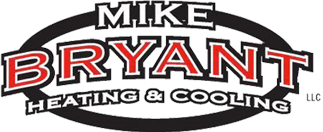
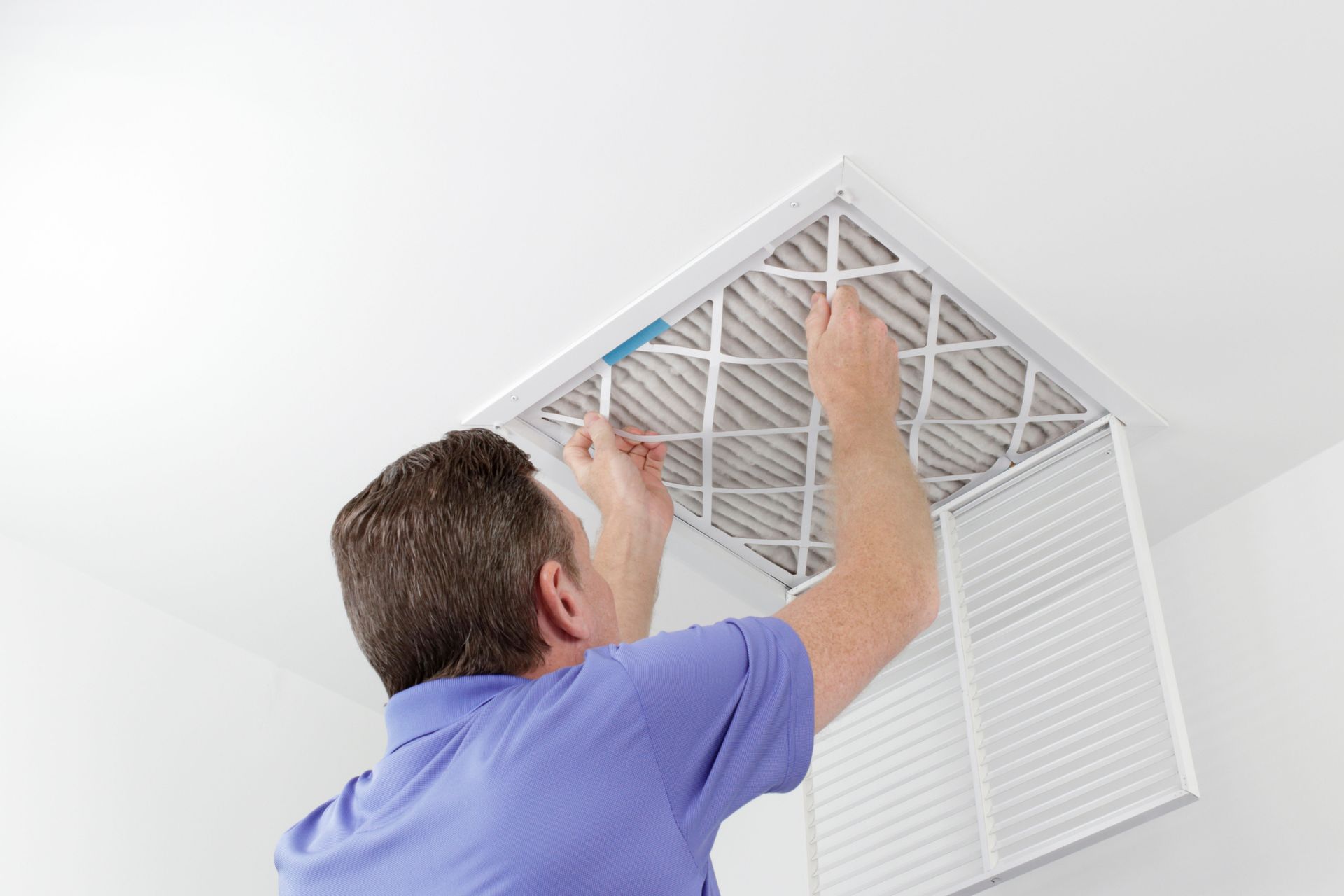
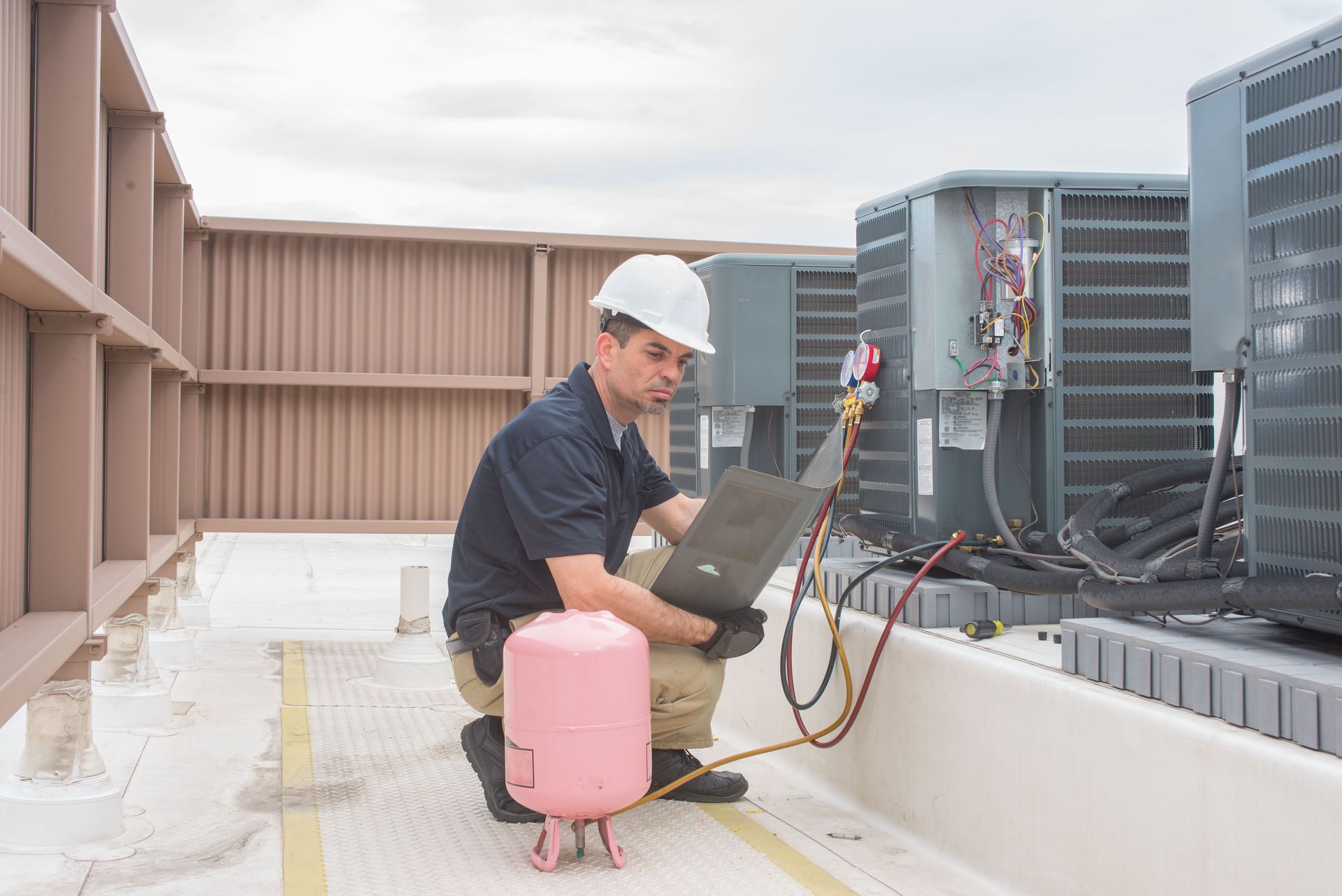
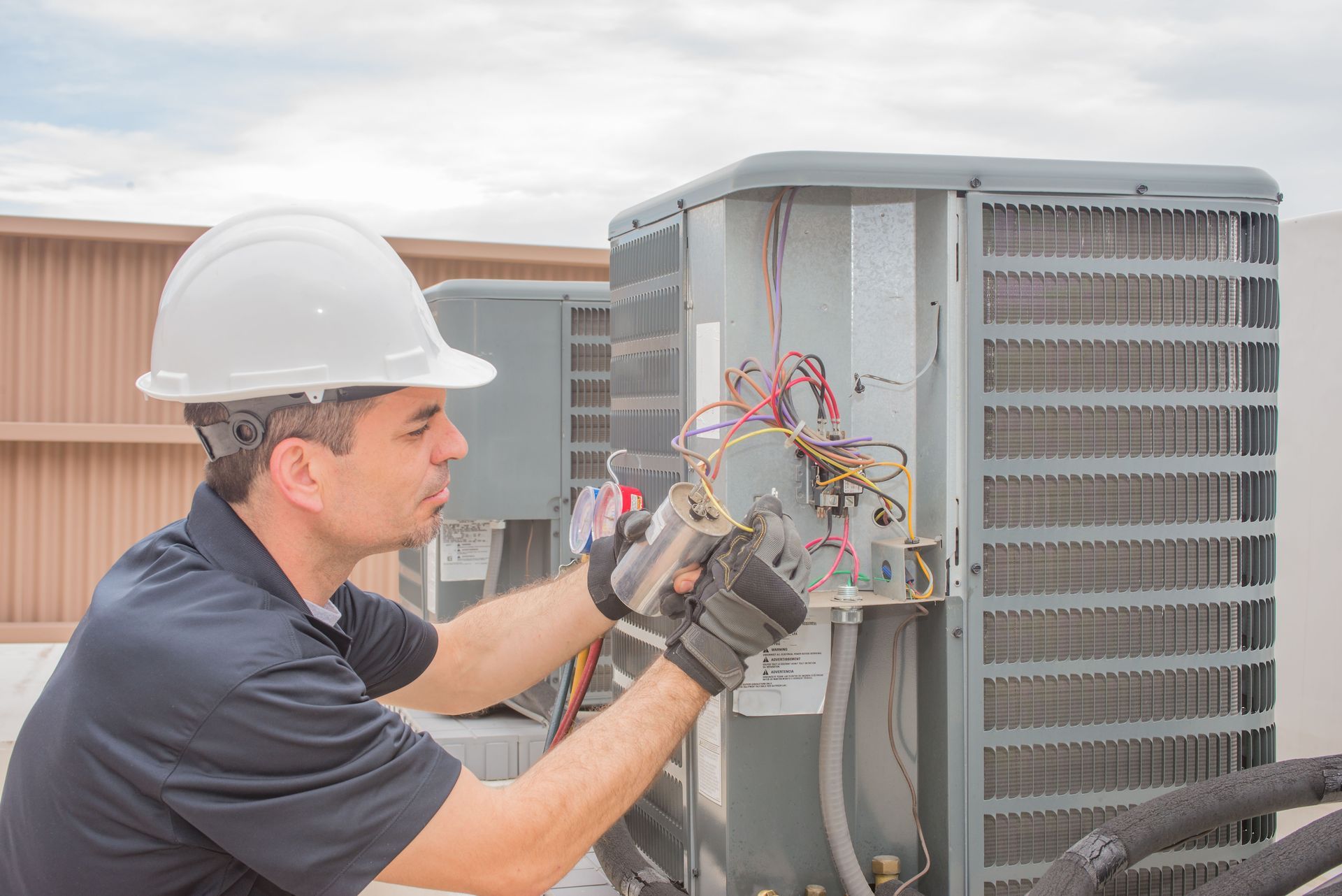
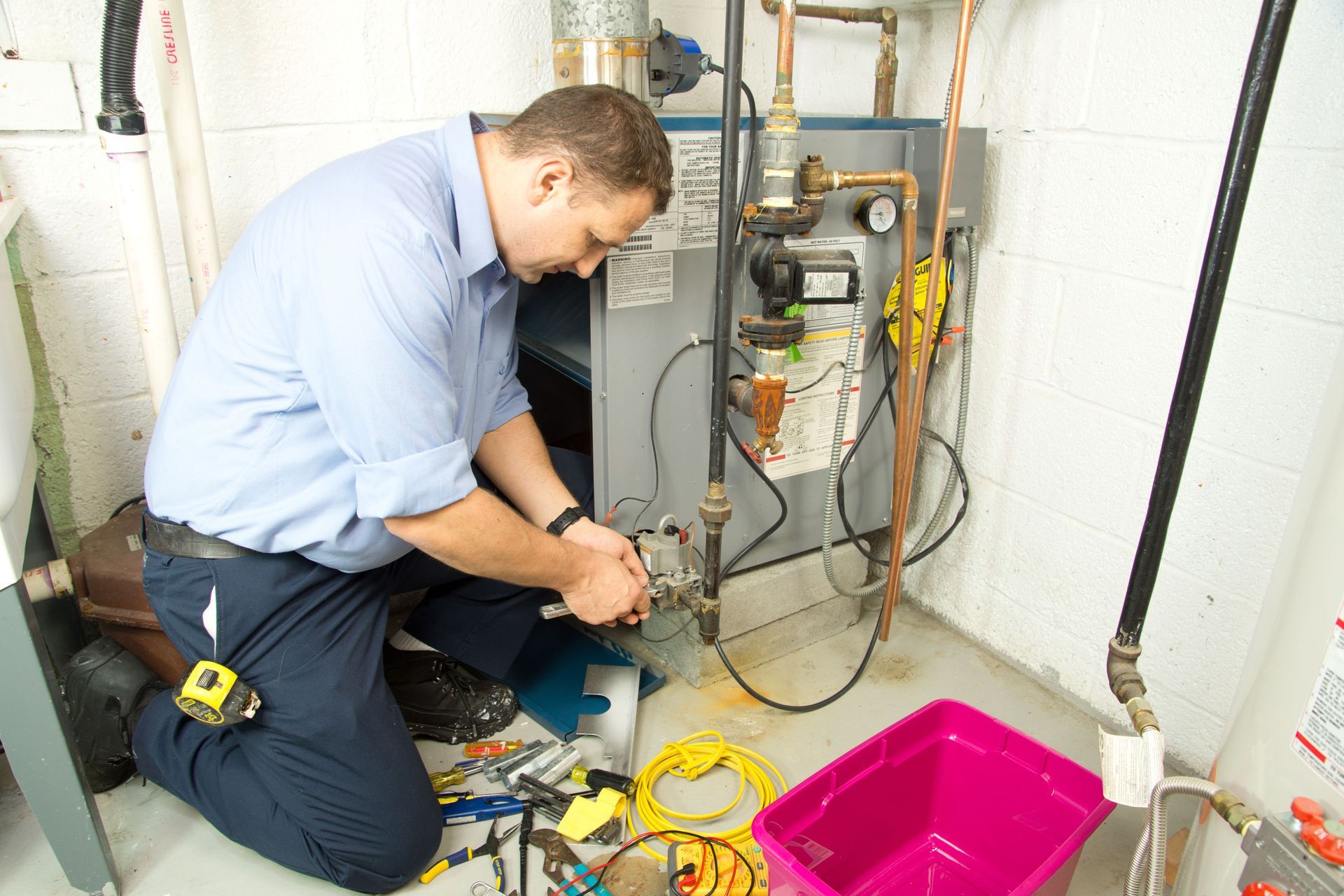
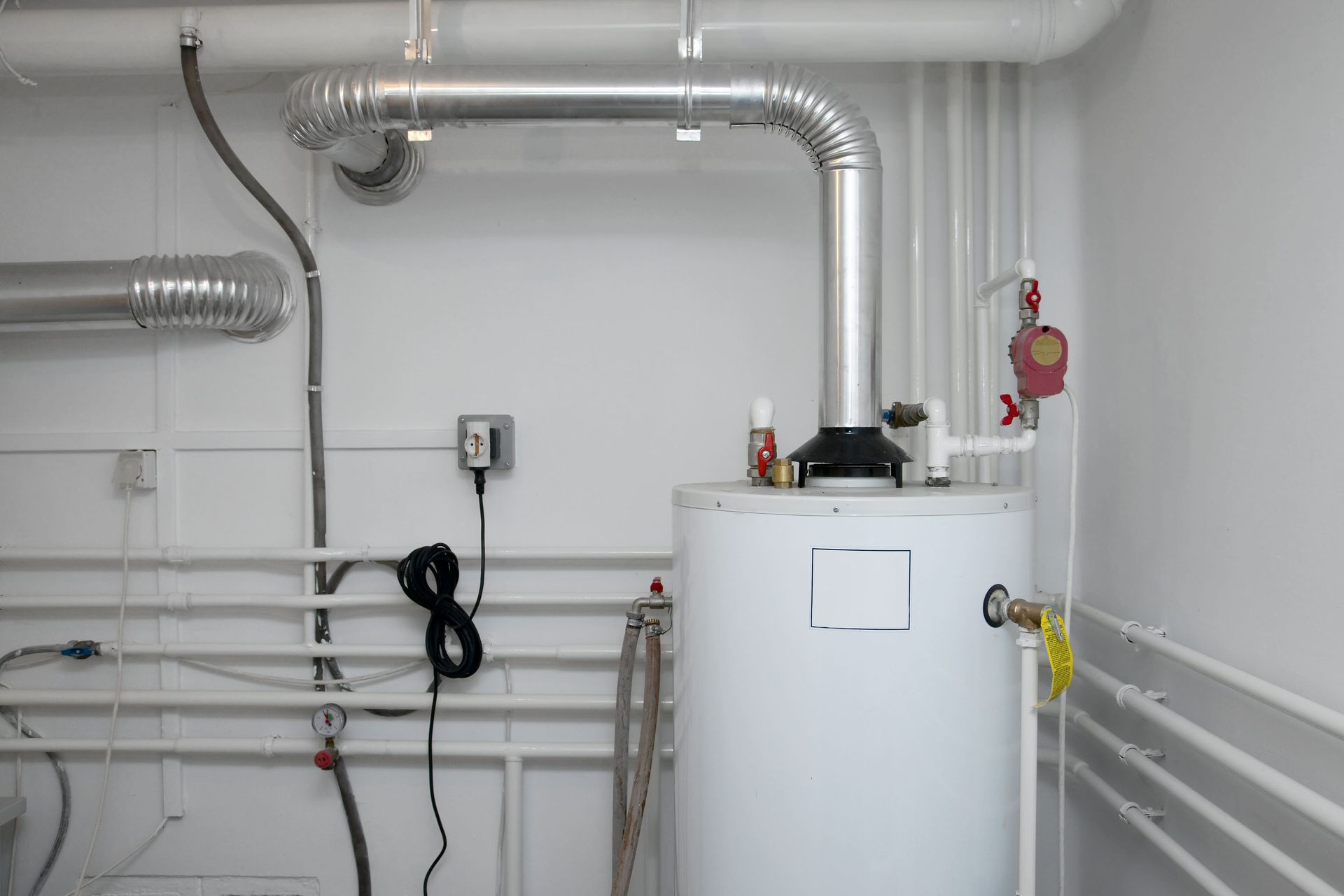
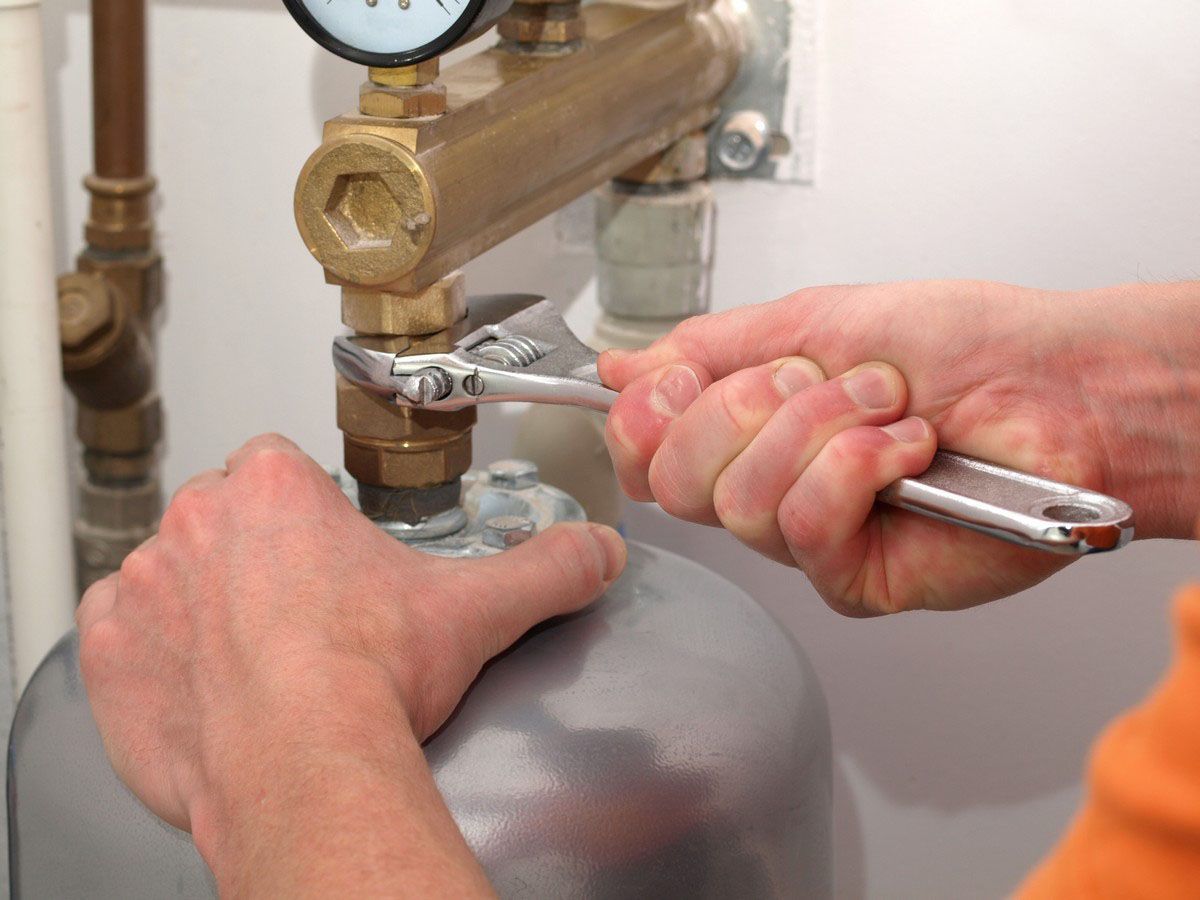
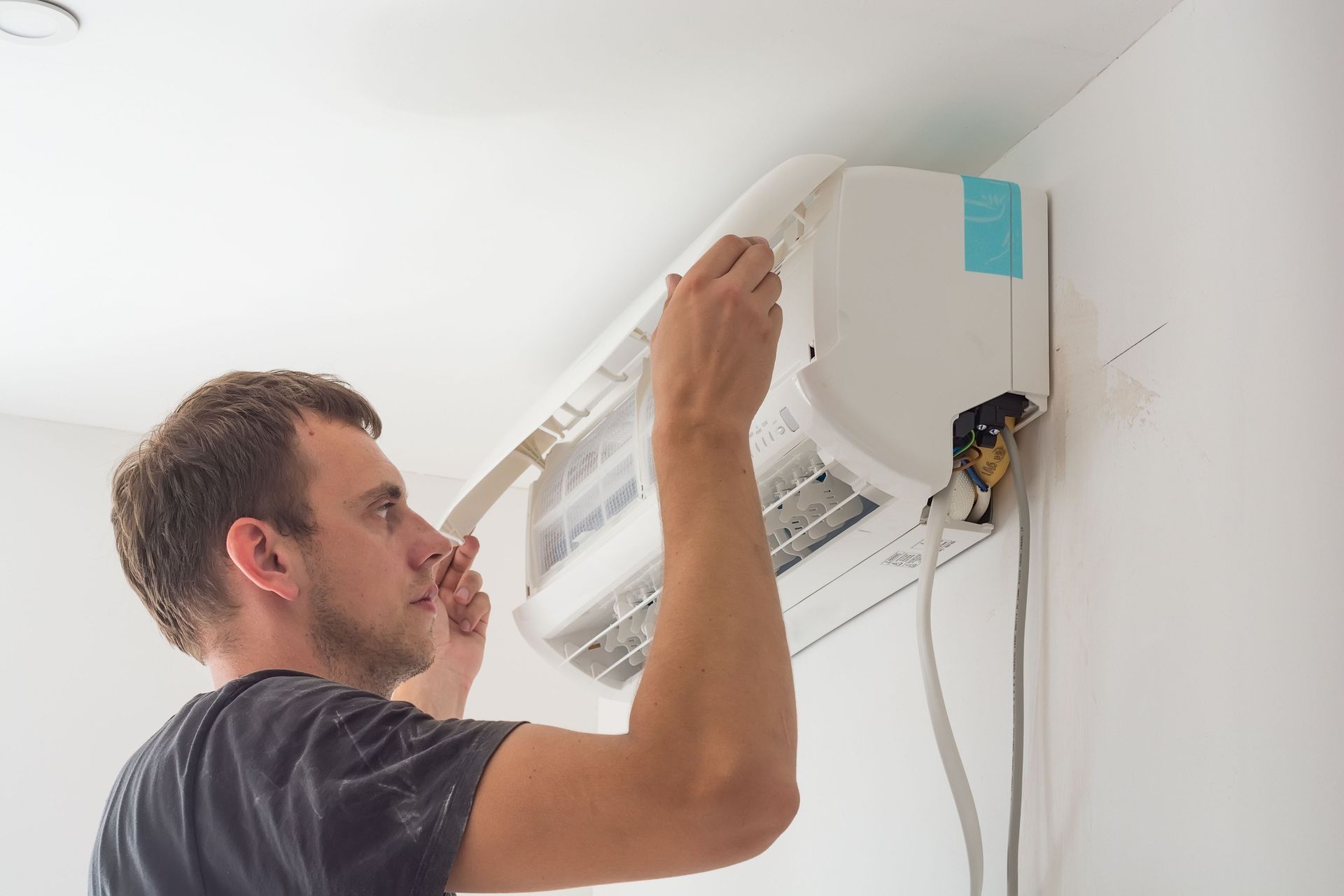
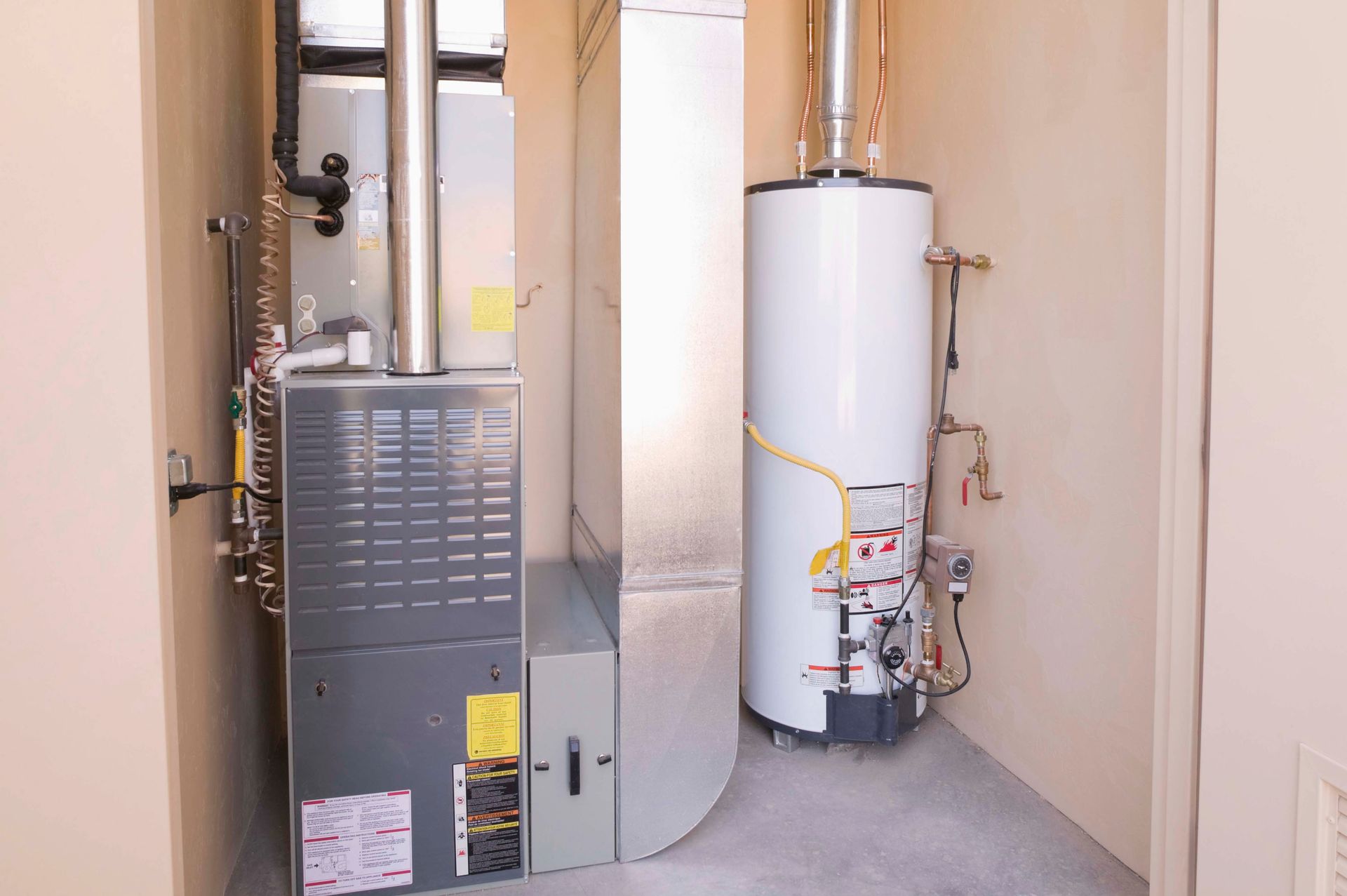
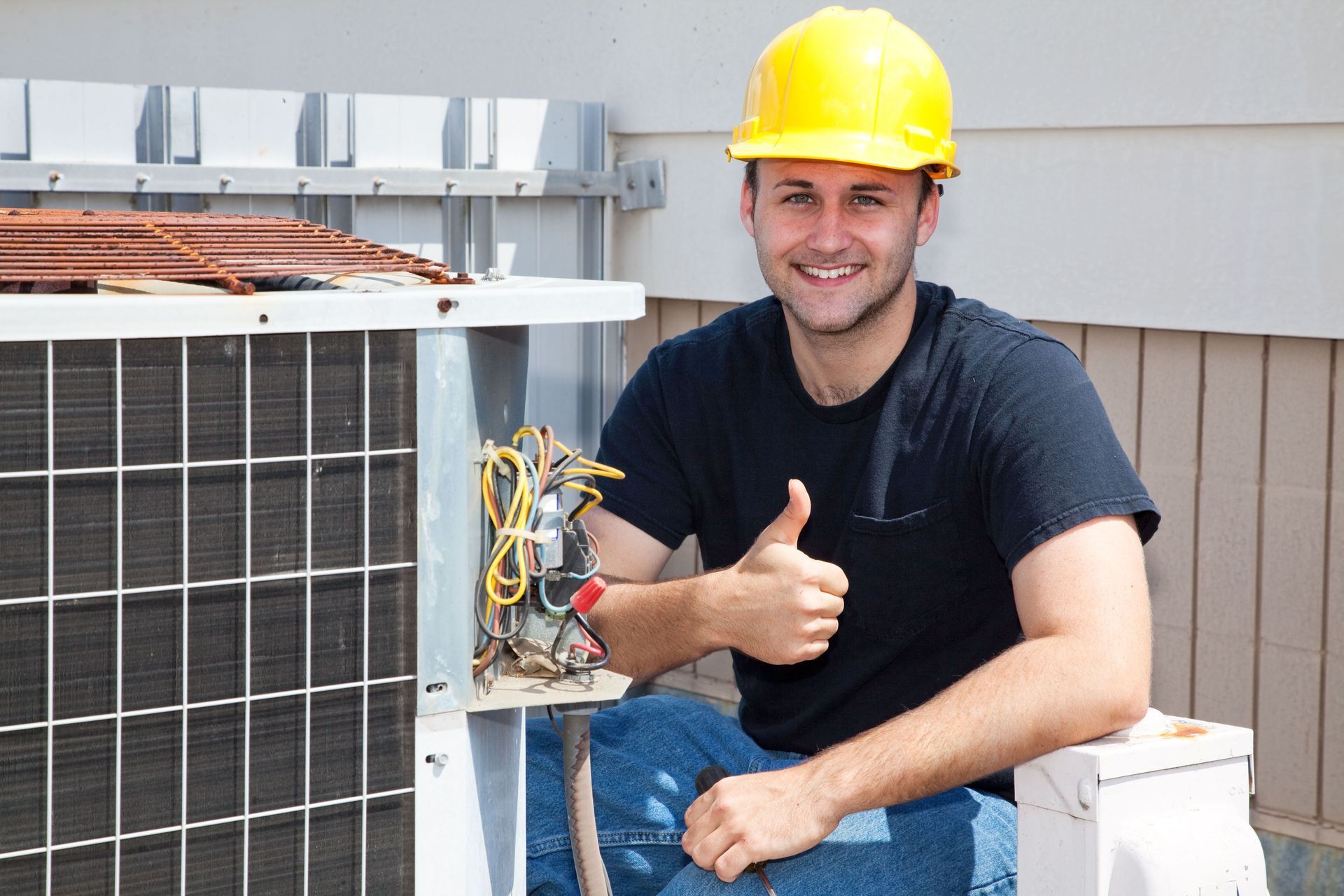
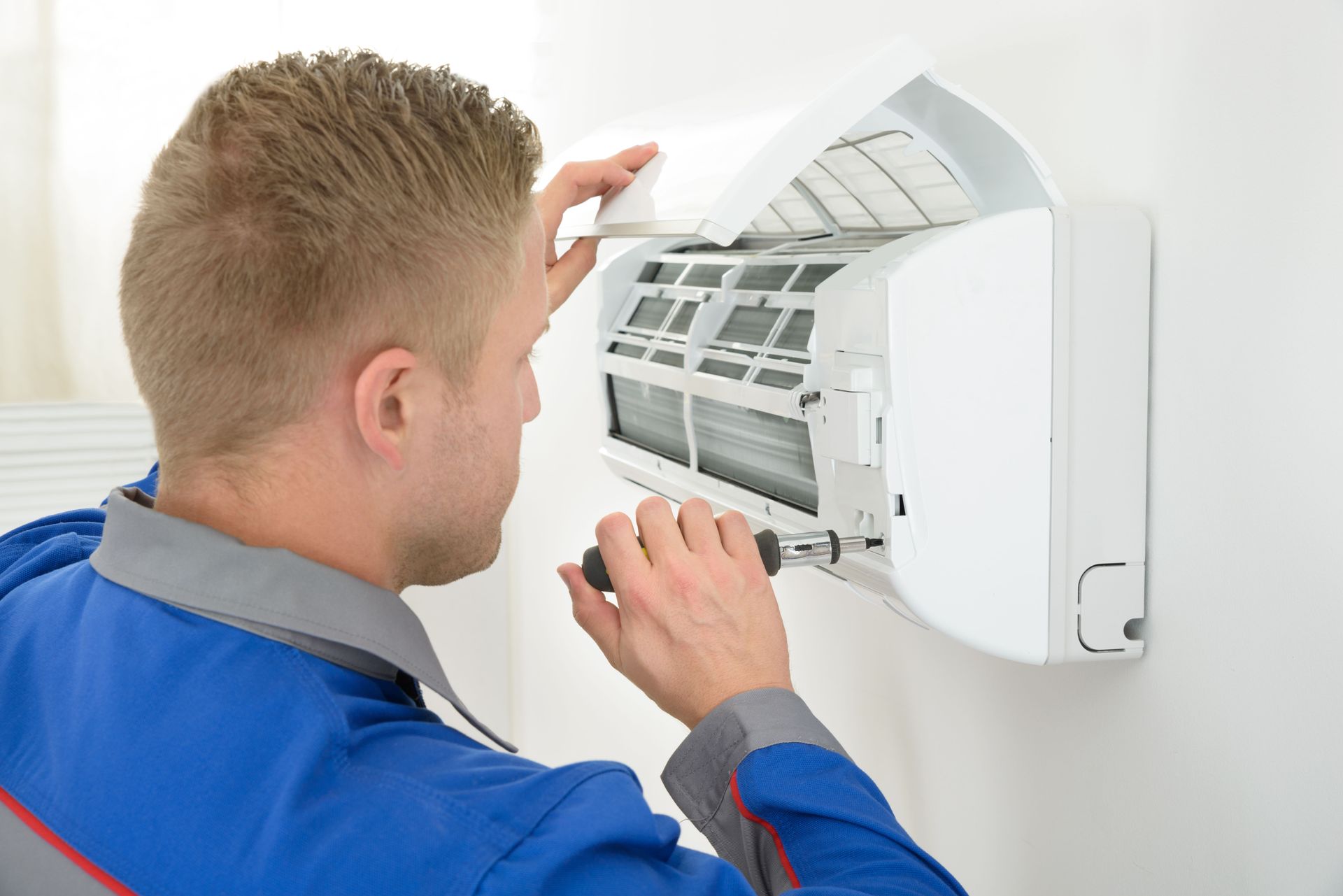
Share On: